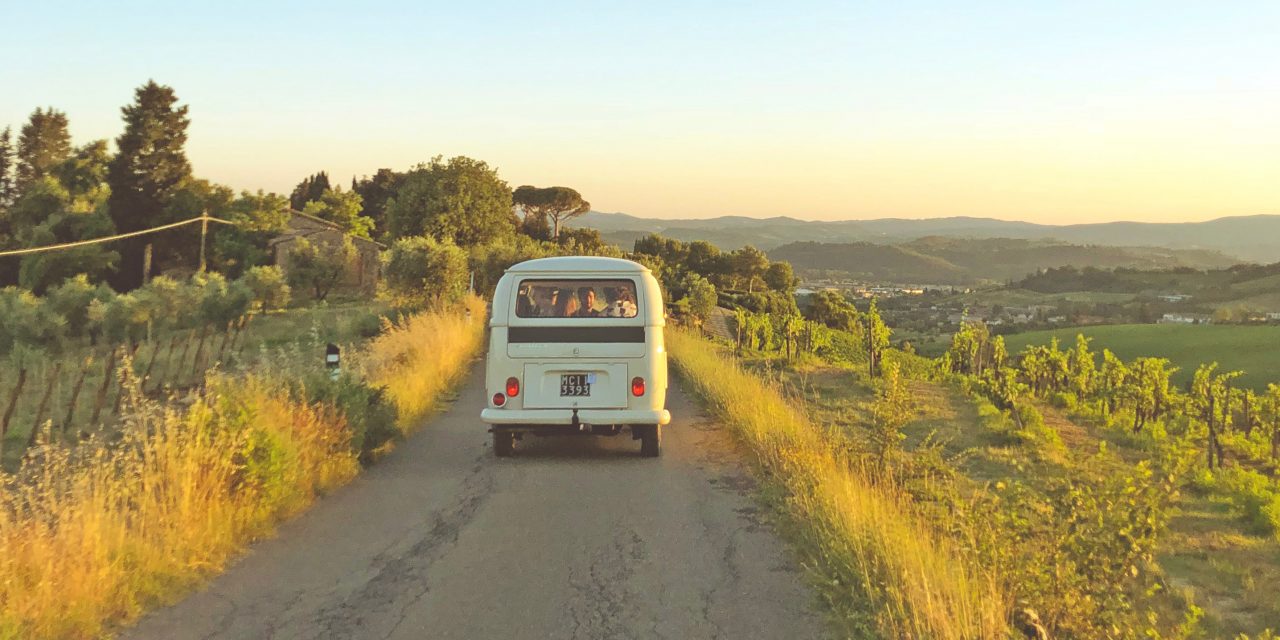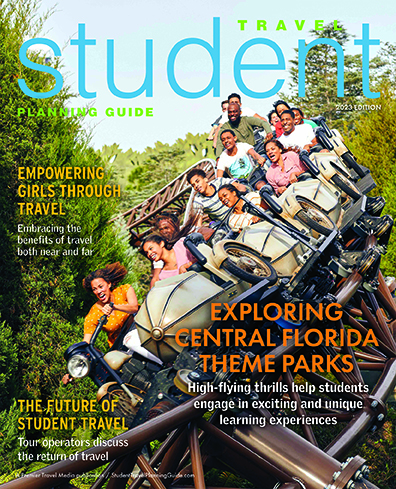Practice these measures to ensure a safe back-to-school this fall
The end of the school year signals the beginning of the summer vacation. Road trips are one of the best parts of summer break, and planning your stops and activities is exciting. While the focus of a road trip is to have fun and check out new cities, full preparation is essential before you set out. Knowing the potential risks and how to minimize them will help you have a safe and stress-free summer road trip.
1. Make sure your vehicle is running properly
Before taking a road trip, you want to ensure all regular maintenance is up to date. Double-check the oil and get an oil change if necessary. Check your tire pressure, battery, and get any tune-ups required. It never hurts to have your car inspected by a professional to make sure there are no underlying issues before getting on the road. The last thing you want is a burst tire, dead battery, or overheating when you’re far from home.
2. Get enough sleep and take frequent breaks
Before leaving, and while on the road, it’s crucial to get enough sleep so you can stay alert while driving. Over 70,000 car accident injuries each year are due to fatigue and drowsiness while driving. If you do need to drive through the night, take frequent breaks as drowsiness is common during the night. Even during the day, stops are important to give your eyes a break, get some food, and take bathroom breaks as needed. In the event that you do find yourself in an accident, and it wasn’t your fault, never be afraid to reach out to the professionals. They will see your claim through to the end.
3. Make your rest stops in safe locations
When you are making rest stops, especially at night, do so in a safe location. Choose well-lit service stations, grocery stores, casinos, or shopping centers. Anywhere that has a lit and monitored parking lot is ideal. Be aware of your surroundings, or any individuals who seem to be lurking around in the parking lots. Also, be conscious of any blind corners with no visibility and avoid going into the facilities alone.
4. Have an emergency kit in your car
It’s always better to prepare for the worst than to have an emergency and not be prepared. Always carry a full emergency kit in your vehicle in case anything happens when you’re on the road. Your kid should contain:
- First aid kit
- Cellphone car charger
- Jumper cables
- Flashlight
- Matches/candles
- Non-perishable food products (trail mix, granola bars, etc.)
- Flares
- Blankets
- Water
It also never hurts to have a gas can with some extra gas in case you run out in a remote location.
5. Keep an eye on the weather
Monitor the predicted weather conditions for your road trip in the weeks leading up to it. If there are big storms predicted, you may want to change your dates or postpone it by a few days. The same goes for when you’re on the road. Regularly check weather updates to identify any hazards and plan your driving accordingly. It’s better to stay an extra day in a location than to risk having an accident due to bad weather.
Here’s some more great tips on planning a road trip.






